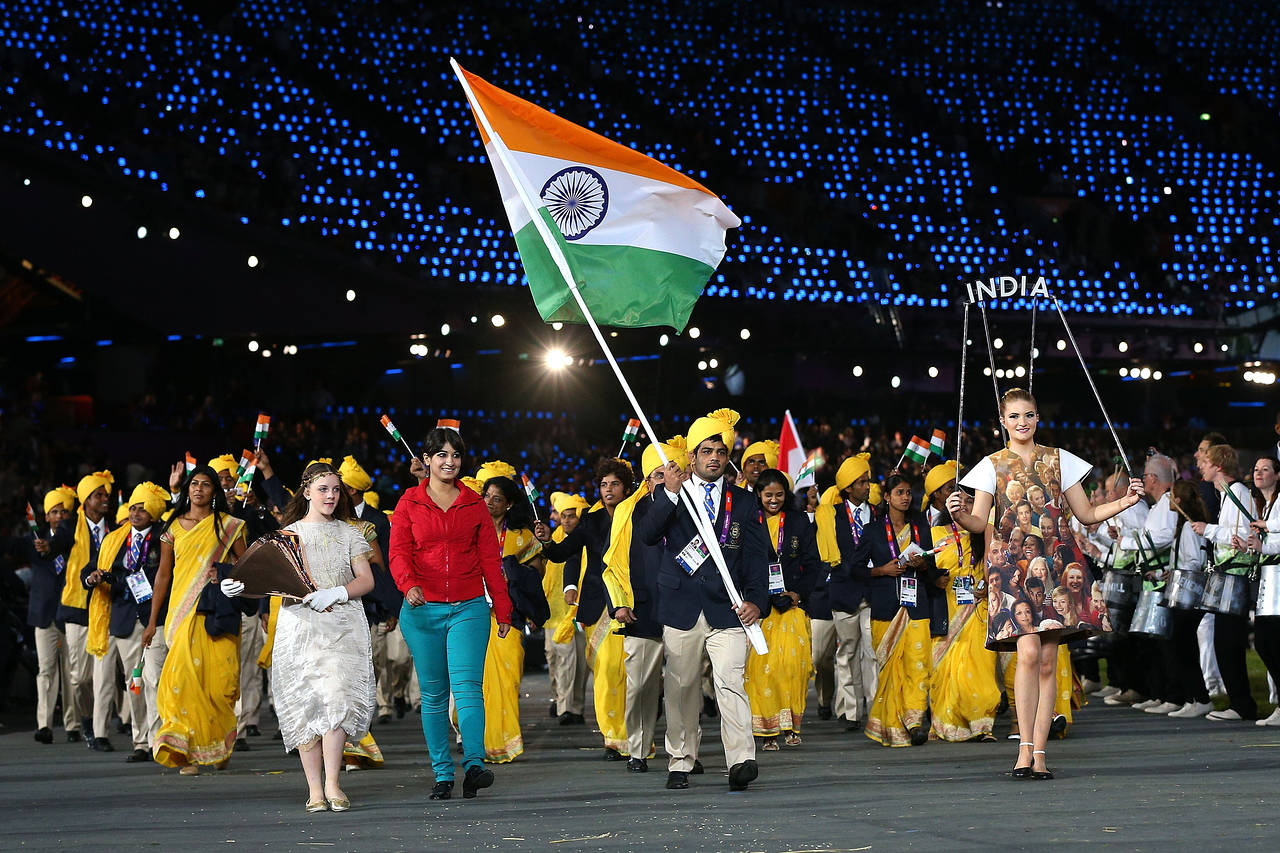India’s participation in the Olympics has been marked by moments of glory, significant achievements, and enduring challenges. From its first appearance in the early 20th century to its current status as a competitive force in various sports, the Indian Olympic journey is a testament to the country’s evolving sports culture and determination to excel on the world stage.
Early Years and First Participation
India made its Olympic debut at the 1900 Paris Games, where Norman Pritchard, an Anglo-Indian athlete, won two silver medals in athletics. This marked the beginning of India’s Olympic journey, but it wasn’t until 1920 that India sent its first official team to the Antwerp Olympics. The team consisted of four athletes competing in track and field events, but they did not win any medals.
The Golden Era: Field Hockey Dominance
The most illustrious period in India’s Olympic history began in 1928 with the men’s field hockey team. India won its first gold medal at the Amsterdam Olympics, starting an unparalleled era of dominance in field hockey. Under the leadership of legendary players like Dhyan Chand, India clinched six consecutive gold medals from 1928 to 1956, and again in 1964, showcasing their unrivaled prowess in the sport. The team’s remarkable performances during this period remain one of the most celebrated chapters in Olympic history.
Post-Independence and New Challenges
Post-independence, India’s participation in the Olympics expanded to include a wider range of sports. However, the country faced challenges in replicating its field hockey success in other disciplines. Despite the struggles, there were notable achievements, such as K.D. Jadhav winning India’s first individual Olympic medal with a bronze in wrestling at the 1952 Helsinki Games.
Revival and Breakthroughs in the 21st Century
The turn of the 21st century saw a resurgence of Indian sports on the Olympic stage. The 2008 Beijing Olympics marked a significant breakthrough when Abhinav Bindra won India’s first individual gold medal in shooting. This victory ignited a wave of enthusiasm and investment in sports infrastructure and training programs across the country.
The 2012 London Olympics further showcased India’s potential, with the country winning six medals, including two silver and four bronze. Notable performances included Sushil Kumar’s silver in wrestling, Mary Kom’s bronze in boxing, and Saina Nehwal’s bronze in badminton, highlighting India’s growing proficiency in diverse sports.
Recent Success and Future Prospects
The 2020 Tokyo Olympics, held in 2021 due to the COVID-19 pandemic, marked another milestone for India. The country won seven medals, its highest tally in a single Olympic Games. Neeraj Chopra’s gold in javelin throw, India’s first in track and field, was a historic achievement that captured the nation’s imagination. Additionally, P.V. Sindhu, Mirabai Chanu, and Lovlina Borgohain secured medals in badminton, weightlifting, and boxing, respectively, further establishing India’s presence in these sports.
The Rise of Women Athletes
In recent years, Indian women athletes have significantly contributed to the country’s Olympic success. P.V. Sindhu, Sakshi Malik, Mary Kom, and Mirabai Chanu are among the trailblazers who have inspired a new generation of female athletes. Their achievements have not only brought glory to the nation but also highlighted the importance of supporting and promoting women’s participation in sports.
Conclusion
The history of the Indian team in the Olympics is a saga of perseverance, dedication, and gradual progress. From the early days of participation to the golden era of field hockey and the recent successes in various disciplines, India’s Olympic journey reflects the country’s evolving sports culture. As India continues to invest in sports infrastructure, training, and athlete development, the future holds promise for more triumphs and breakthroughs on the Olympic stage. The story of India’s Olympic journey is far from over, and the nation looks forward to achieving greater heights in the years to come.





